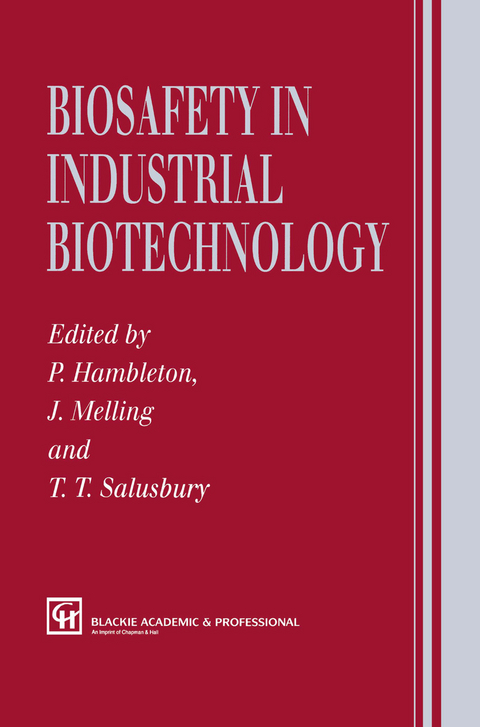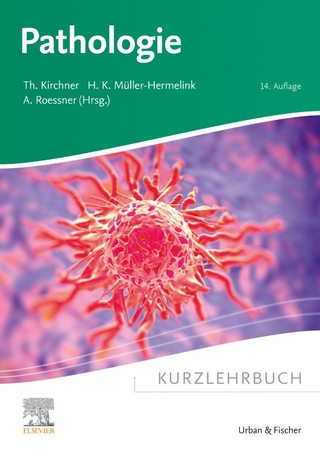
Biosafety in Industrial Biotechnology
Springer (Verlag)
978-94-010-4590-2 (ISBN)
As an industry, biotechnology may be likened to the Hymn Book, being both ancient and modern. Whereas activities such as baking, brewing, the fermenting of foods date from our earliest attempts to control and utilise the environment, the application of recombinant DNA technology is recognised as being at the forefront of novel industrial development. Perhaps because of its association with processing foodstuffs together with the benefits derived from applications in the early organic chemistry and pharmaceutical industries, biotechnology has been regarded as being inherently safe. Yet unlike other modern industries, such as chemical and nuclear, where regulation has followed from incidents or accidents, modern biotechnology has been subject to close scrutiny and regulation almost from its inception. The process of regulation itself is somewhat unusual in that it was initially self-imposed by the very scientists who developed the fundamental techniques of recombinant DNA technology. They recognised the signific ance of their development but were concerned of the effects on humans and the environment of uncontrolled application of the new, powerful technology. Concern about the possible consequences of genetic manipula tion has undoubtedly been the driving force behind the regulations that are now in place in many parts of the world and which are the subject of this book. Safety issues in the biotechnology industry can be categorised under three headings: worker, environmental and consumer (product) safety.
1 The development of European legislation on genetically modified organisms.- 2 Occupational and environmental safety: the UK legislative framework.- 3 Regulation of biotechnology in the United States, Canada, and Latin America.- 4 The legal and regulatory framework for biotechnology in Japan.- 5 Biotechnology and industrial microbiology regulations in Russia and the former Soviet republics.- 6 Physical aspects of the uncontrolled release of material in biotechnology operations.- 7 Health hazards in biotechnology.- 8 Containment of unit processes.- 9 Containment in downstream processing.- 10 Freeze-drying of biohazardous products.- 11 Interpretation of regulatory requirements to large scale biosafety — the role of the Industrial Biosafety Project.- 12 Managing the effluent from bio-industrial processes.- 13 Sampling methods for testing and monitoring biosafety of biotechnology equipment and activities.
Worth having for anyone that has involvement or interest - Integrated Environmental Management
| Zusatzinfo | XV, 302 p. |
|---|---|
| Verlagsort | Dordrecht |
| Sprache | englisch |
| Maße | 155 x 235 mm |
| Themenwelt | Studium ► 2. Studienabschnitt (Klinik) ► Pathologie |
| Studium ► Querschnittsbereiche ► Epidemiologie / Med. Biometrie | |
| Naturwissenschaften ► Biologie ► Genetik / Molekularbiologie | |
| Naturwissenschaften ► Biologie ► Ökologie / Naturschutz | |
| Naturwissenschaften ► Biologie ► Zoologie | |
| Technik ► Umwelttechnik / Biotechnologie | |
| ISBN-10 | 94-010-4590-9 / 9401045909 |
| ISBN-13 | 978-94-010-4590-2 / 9789401045902 |
| Zustand | Neuware |
| Haben Sie eine Frage zum Produkt? |
aus dem Bereich


